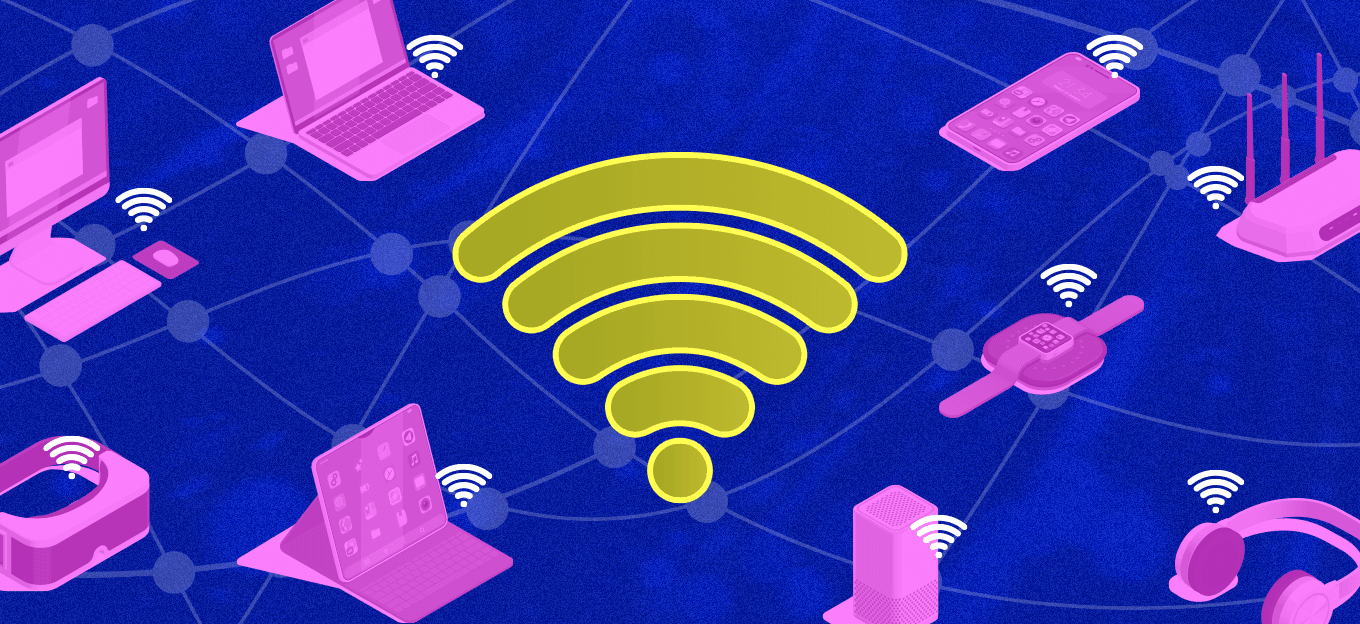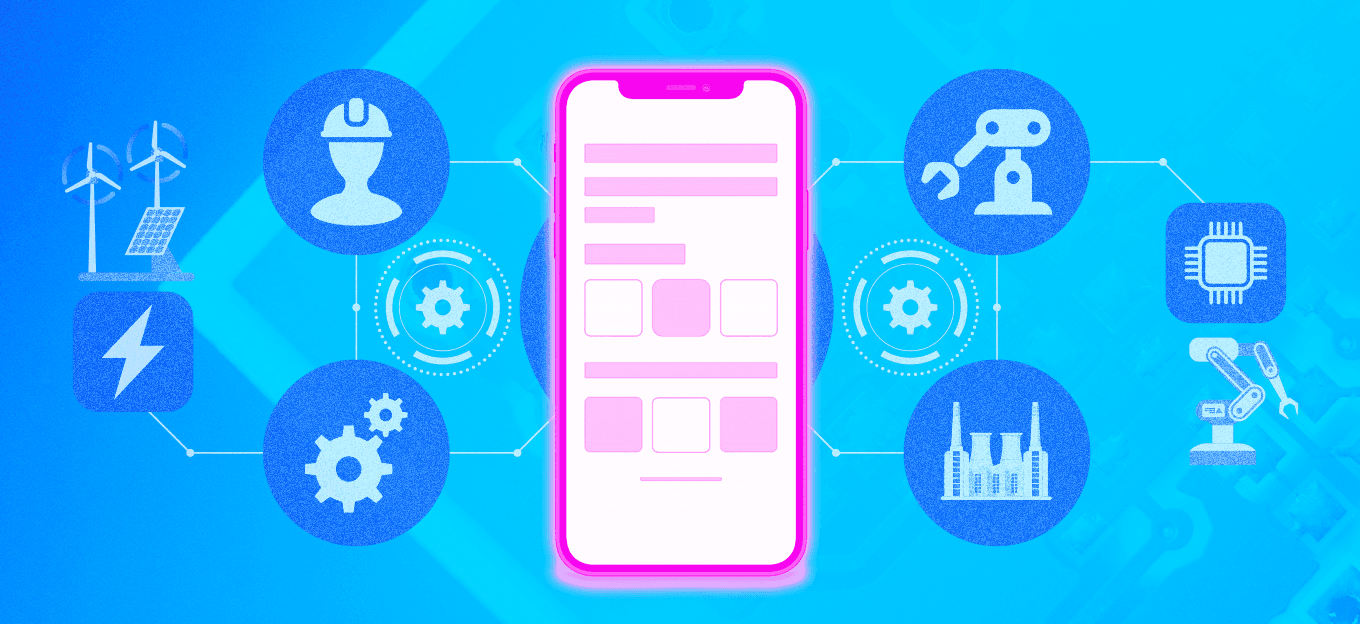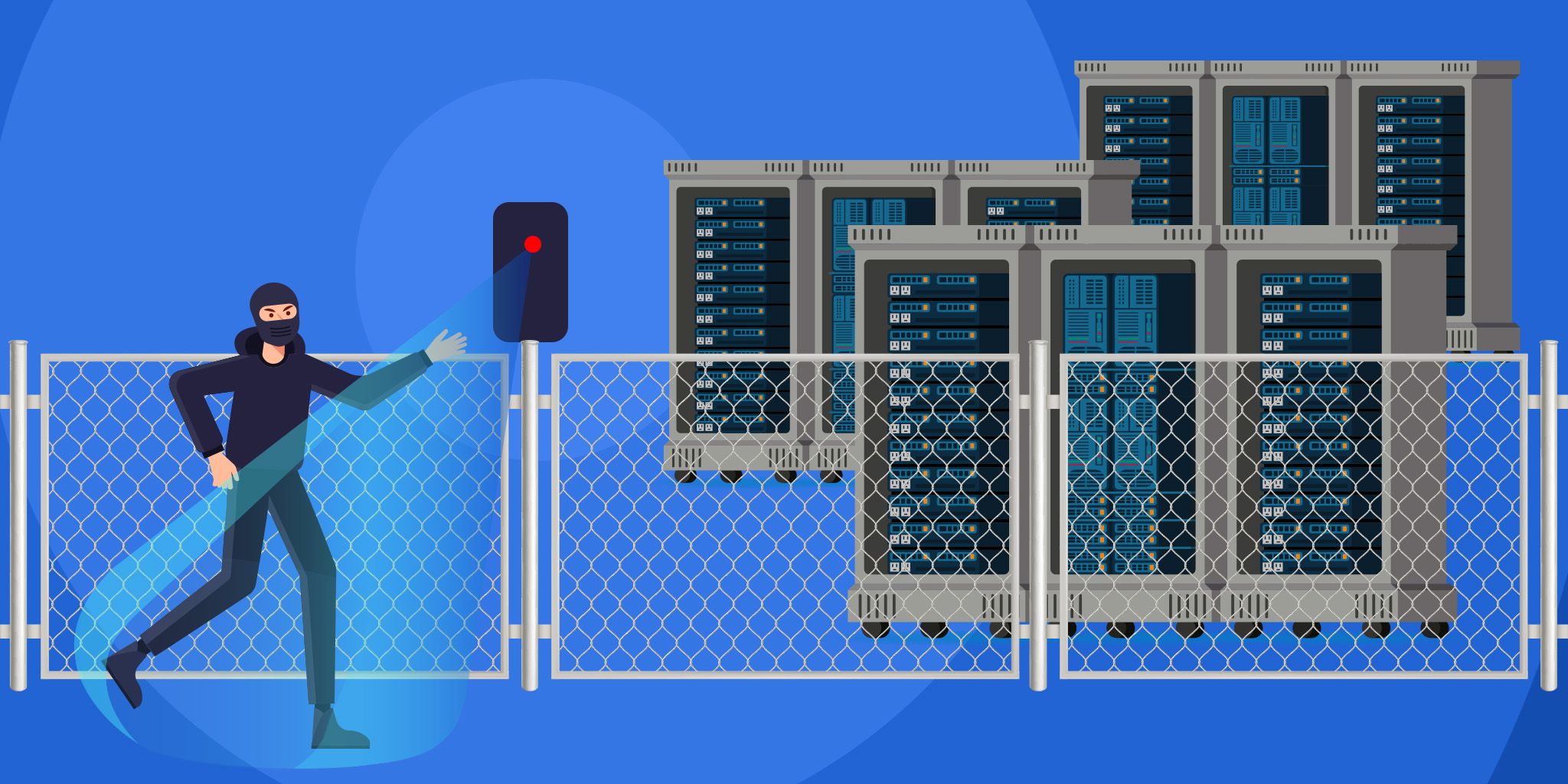Private vs. Public Fixed IP IoT SIM
Private vs. Public Fixed IP IoT SIM
- Last Updated: December 2, 2024
Velos IoT
- Last Updated: December 2, 2024



Deciding what kind of IoT SIM card to select for your business can be a tricky process. Initially, you must choose whether to hold a fixed (also known as static) or dynamic IP SIM card. Generally, IoT devices use fixed IP addresses for the greater security, visibility, and control they provide. Then, a decision must be made for whether you will go with a public vs. private IP SIM. So, how do you know which one will better fit your specific needs?
'The overall benefits and downfalls of the public vs. private fixed IP SIM must be analyzed closely to meet your specific IoT business needs.' - Velos IoT
Fixed vs. Dynamic
Most IoT SIM cards, which act as the 'tags' that enable a device to connect and transmit data, use fixed IPs. Fixed IPs do not change, which allows devices to establish two-way communication with the servers and transmit data. Fixed IPs provide a permanent address for the device, directly correlating to better security and control over a device your server is already familiar with.
In contrast, dynamic IPs change depending on what is currently available in your IP pool. Having IoT devices with automatically assigned IPs may be a cheaper option, but it would require the device to re-establish a connection with the server every time its IP changes. Many IoT devices work with dynamic IPs, but more complex and mission-critical devices would need to be addressed on a regular basis without having to add the new IP into the system all the time.
Public vs. Private IP
While most IoT devices are enabled with a fixed IP, the choice remains between opting for a public fixed or private fixed internet protocol for the IoT SIM. The difference between a public fixed IP IoT SIM and a regular public IP IoT SIM is that a standard public IP is assigned by the network provider directly over the Internet and is accessible by all. Let's take a look at the separate benefits and downfalls of both so you can decide whether your business requires a public vs. private IP IoT SIM.
Benefits of Public Fixed IP
- Choosing a public fixed IP address allows the IoT device to connect to the company server from any internet host. The option is used for global-scale projects, where the device needs to establish two-way communication from various different locations and internet providers while retaining the same IP address, so the system can recognize which device is connecting.
- With a fixed public IP address, the customer doesn't have to use a Virtual Private Network (VPN) to connect to the serve but instead uses a default Access Point Name (APN) that allows it to reach the core.
Downfalls of Public Fixed IP
- Fixed public IPs are generally harder to manage than fixed private IPs due to the increased security requirements and the fact that not many providers offer this option.
- They are visible to all Internet users, fairly easy to discover and therefore more susceptible to attacks. To securely use an IoT SIM with a public IP, the business has to rely either on a secure connection or hardware authentication.
Benefits of Private Fixed IP
- Does not change over time.
- Come from a number of predefined subsets, leaving the rest of the world's IPs for public use. Private IPs do not send traffic to the Internet but allow the establishment of home networks.
Downfalls of Private Fixed IP
- Devices configured with a private fixed IP need to use an (APN) to establish a secure connection to the core network. The APN can be defined by the supplier or the customer, depending on the business needs. This type of integration provides great security and end-to-end encryption of data, and it requires a (VPN) to connect to the core. This can be seen as a benefit or downfall, as it requires both APN and VPN, however adds greater security.
- Only valid within a predefined network.
Analyzing the Best Choice for Your Business
While each business will have a unique set of demands, the typical decision for IoT devices is a fixed IP address for benefits such as control, security, and validity within a predefined network. However, global-scale projects may find a public versus private fixed IP address useful, as they can establish two-way communication from different locations with the same IP address. The overall benefits and downfalls of the public vs. private IP IoT SIM must be analyzed closely to meet your specific business needs.
The Most Comprehensive IoT Newsletter for Enterprises
Showcasing the highest-quality content, resources, news, and insights from the world of the Internet of Things. Subscribe to remain informed and up-to-date.
New Podcast Episode

Moving Past the Pilot Phase in IoT and AI
Related Articles





